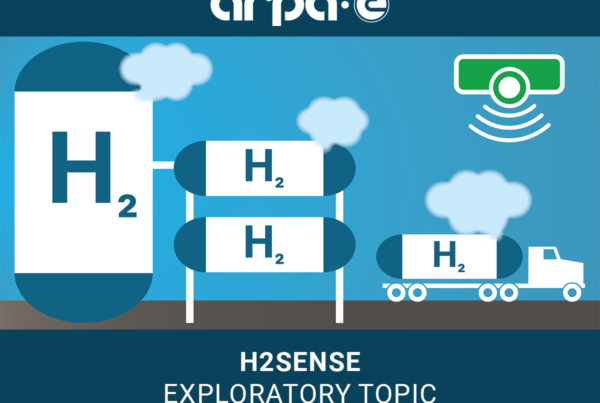
BRUSSELS—To select a propulsion system for its ZEROe hydrogen aircraft in 2026-27, Airbus will need validations in a laboratory corresponding to a technology readiness level of 3 or 4, Mathias Andriamisaina, head of ZEROe demonstrators and testing, said this week.
The airframer will essentially choose between burning hydrogen in a turbine engine—which is the lighter-weight option—and using it in a fuel cell to produce electricity—which favors efficiency. Then, the technology readiness level (TRL) will have to grow to the usual TRL 6—or validation in a relevant environment—before program launch in 2028-29, Andriamisaina added, speaking at the Clean Aviation Annual Forum in Brussels on March 6. Airbus is targeting 2035 for the entry into service of a hydrogen aircraft.
Until 2026-27, Airbus is maturing technologies, studying aircraft configuration, conducting flight demonstrations, and endeavoring to be a catalyst for a hydrogen ecosystem to emerge, Andriamisaina said.
In two-to-three years, a broader decision than just propulsion will be made; Airbus refers to it as product selection. The company is targeting a capacity of 200 seats and a range of 2,000 nm, with minima of 100 seats and 1,000 nm, Andriamisaina said. The exact numbers will depend on where engineers stand with the technology, he said.
Airbus is studying two options for turbine engines. A turboprop would support the smaller capacity and range, while a turbofan would correspond to the higher capacity and range. In both cases, a degree of hybridization would be introduced.
To reach TRL 3 or 4, Airbus is conducting large-scale demonstrations. That has been the case with the so-called iron pod, a 1.2 MW fuel cell and associated electric motor, since late 2023. As for hydrogen combustion, demonstrations are needed especially with pumps, Andriamisaina added.
Flight testing a hydrogen-burning turbofan—using a modified GE Passport engine—and a fuel cell with accompanying motor will rely on an adapted A380 as a testbed. The hydrogen system will include tanks with capacity for 400 kg (882 lbs.) of liquid hydrogen. Those trials are scheduled to start late in 2026 and last until an unspecified point in time in 2028.
So, could product selection be made before the end of in-flight testing? “We are doing a few things in parallel to remain on time for 2035,” Andriamisaina said. “The point of flight testing is it prevents us from looking for workarounds. In a laboratory, if you have a problem, you may find a compromise. When you fly above Toulouse with 400 kg of hydrogen on board, you do not want any compromise in terms of safety.”
Before it makes a program launch decision, Airbus will also look at the ecosystem. It has thus introduced the concept of ecosystem readiness level, a counterpart of TRL. “We do not need 2,000 hydrogen-equipped airports, about a hundred would be fine,” Andriamisaina said.
Read the most up to date Fuel Cell and Hydrogen Industry news at FuelCellsWorks






